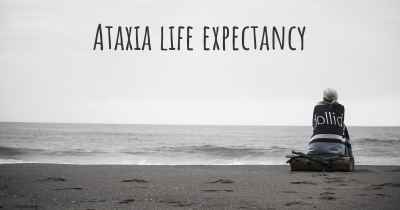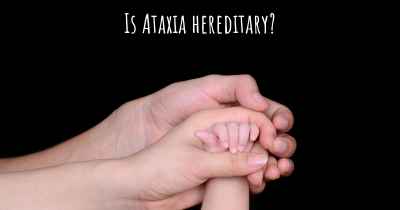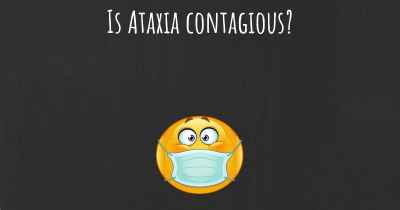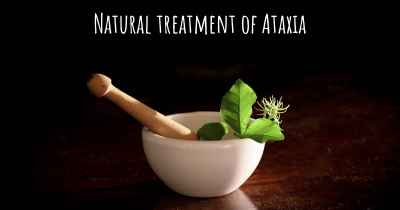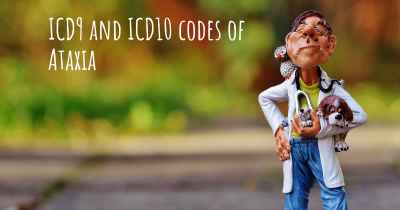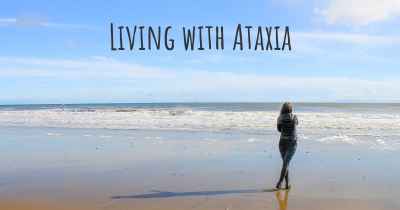What are the latest advances in Ataxia?
Here you can see the latest advances and discoveries made regarding Ataxia.

Ataxia is a neurological disorder characterized by a lack of muscle coordination, resulting in unsteady movements and difficulties with balance. It can be caused by various factors, including genetic mutations, trauma, infections, or certain medications. While there is currently no cure for ataxia, significant advancements have been made in understanding the condition and developing treatments to manage its symptoms.
Genetic Discoveries
One of the most significant advances in ataxia research has been the identification of numerous genes associated with the condition. Scientists have discovered over 50 different genes that, when mutated, can lead to ataxia. These genetic discoveries have provided valuable insights into the underlying mechanisms of the disorder and have paved the way for targeted therapies.
Gene Therapy
Gene therapy holds great promise for the treatment of ataxia. This innovative approach involves introducing healthy copies of the mutated genes into the affected cells to compensate for the genetic defects. Recent studies have shown encouraging results in animal models, demonstrating improved motor function and reduced ataxia symptoms. While gene therapy is still in its early stages, it represents a potential future treatment option for individuals with ataxia.
Stem Cell Therapy
Stem cell therapy has emerged as another exciting avenue for ataxia treatment. Stem cells have the unique ability to differentiate into various cell types, making them a potential source for regenerating damaged neurons in ataxia patients. Researchers have successfully used stem cells to replace damaged cells in animal models, leading to improved motor coordination. Clinical trials are underway to assess the safety and efficacy of stem cell therapy in humans, offering hope for future therapeutic interventions.
Pharmacological Approaches
Several pharmacological approaches have been explored to alleviate ataxia symptoms. One such approach involves the use of ion channel modulators that target specific channels involved in neuronal signaling. By modulating these channels, researchers aim to restore normal neuronal function and improve motor coordination. Additionally, neuroprotective agents are being investigated to prevent further degeneration of neurons and slow down disease progression.
Physical and Occupational Therapy
While there are no definitive cures for ataxia, physical and occupational therapy play a crucial role in managing the condition. These therapies focus on improving balance, coordination, and muscle strength through targeted exercises and assistive devices. Therapists work closely with individuals with ataxia to develop personalized treatment plans that address their specific needs and enhance their quality of life.
Advancements in Assistive Technology
Advancements in technology have led to the development of various assistive devices that can significantly improve the daily lives of individuals with ataxia. These devices include specialized walking aids, wearable sensors for balance assistance, and voice-activated home automation systems. Such technologies aim to enhance mobility, independence, and overall well-being for individuals living with ataxia.
Collaborative Research Efforts
Collaboration among researchers, clinicians, and patient advocacy groups has been instrumental in advancing ataxia research. The establishment of international consortia and patient registries has facilitated data sharing, accelerated genetic discoveries, and enabled large-scale clinical trials. These collaborative efforts have not only deepened our understanding of ataxia but also fostered a sense of community and support for individuals and families affected by the condition.
Conclusion
While ataxia remains a challenging condition to treat, recent advances in genetics, gene therapy, stem cell therapy, pharmacology, and assistive technology offer hope for improved management and potential future therapies. Continued research and collaboration are essential to further unravel the complexities of ataxia and develop effective interventions that can enhance the lives of individuals living with this neurological disorder.
